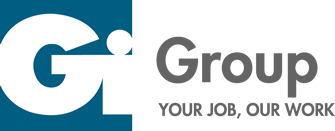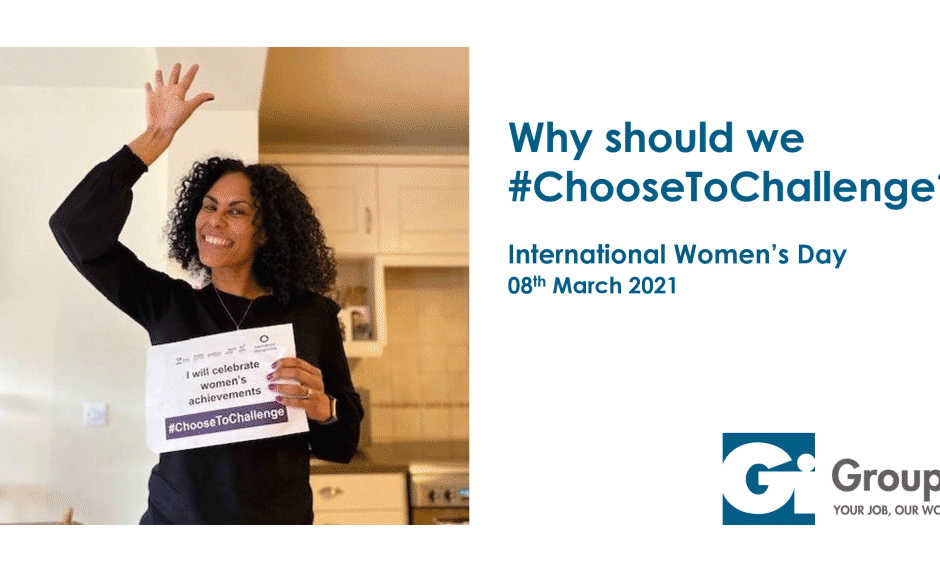We all have biases that affect how we interact with others. Some people do not recognise the biases they have until someone else points them out to them. Unconscious bias has such a negative impact on businesses and people’s lives in general and this is why it is so important to challenge people’s attitudes, stereotypes or assumptions. Making people more aware of their unconscious bias is a step in the right direction to diminishing these biases and creating a more inclusive world.
Unconscious bias manifests itself in many forms – for example – age, religion, weight, appearance, disabilities, accents, gender identity, sexuality, hair colour, piercings, clothing – to name but a few.
A few example types of unconscious bias:
- Gender bias – when one gender is preferred over another
- Agism – where the assumption that older people are resistant to change
- Name bias – for example where people with traditional British names are favoured over others
- Racial bias – you believe in superiority of one race over another
- Attractiveness bias – where people deemed to be attractive are seen as being good at their job and those considered less attractive are seen as less competent.
- Similarity bias – where you recruit a candidate simply because, they are similar to you and they have similar views.
- Confirmation bias – where you look for information about a person to confirm the belief you already have about them.
It is common practice in the workplace that any of the above unconscious biases can affect manager’s decisions regarding recruiting, employee development and promotions, whether they are aware of it or not. Ultimately, unconscious bias, if left unaddressed creates challenges for businesses to recruit a diverse workforce and creates a barrier in creating an inclusive workplace.
Training
At Gi Group UK we want to ensure that all employees, from the top down, understands the importance of recognising that their bias can lead to them making unfavourable and harmful decisions. As we look at how we can make our workplace more inclusive, regular training around unconscious bias has a massive role to play in making each and every employee more aware of their own biases and how to manage them, whilst also encouraging them to #ChooseToChallenge others when they see gender bias, stereotypes and discrimination.










